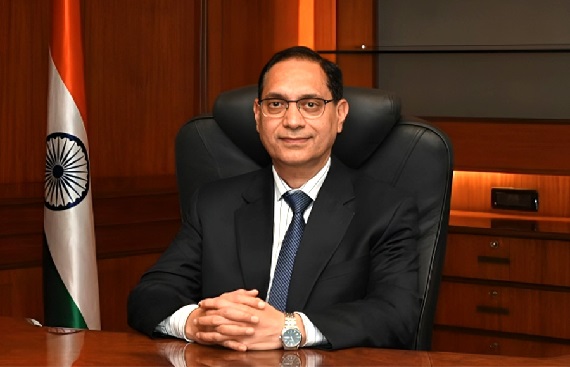SEBI Enhances Accountability Framework For Mutual Fund Trustees

- The regulator tightens accountability of mutual fund trustees, mandating fair and justified investor charges and proactive fiduciary roles.
- Trustees must conduct independent due diligence, while AMCs are tasked to form Unitholder Protection Committees to safeguard investor interests.
- Trustees are asked to adopt early warning systems, challenge AMC assumptions, and act boldly against market abuse to uphold investor trust and market integrity.
The Securities and Exchange Board of India (Sebi) has ramped up its focus on the fiduciary duty of mutual fund trustees, asking them to ensure that all charges and fees imposed on investors are not just disclosed but also reasonable and merit-based.. has ramped up its focus on the fiduciary duty of mutual fund trustees, asking them to ensure that all charges and fees imposed on investors are not just disclosed but also reasonable and merit-based.
The regulator is seeking to fortify the trustee as a first line of defence against shielding investors against misgovernance, conflicts of interest, and monitoring lapses. While giving a speech during the Leadership Dialogue for Trustees of Mutual Funds, Tuhin Kanta Pandey stressed that trustees should go beyond passive compliance and proactively play their part in protecting investor interests.
Sebi chief Tuhin Kanta Pandey was of the opinion that trustees are the key to maintaining the integrity of valuation processes, risk management systems, and internal controls. They need to see that valuations are fair, that charges and expenses are reasonable, and that all investors small or large are treated fairly. As a trustee, its role goes beyond being a symbol it becomes crucial to upholding trust in the mutual fund mechanism.
Importantly, Sebi has formalized the demarcation of trustees' and Asset Management Company (AMC) board roles. Trustees will now be required to perform their own independent review and due diligence and not simply stamp approval on AMC reports. AMC boards, on their part, will have the mandate to constitute a Unitholder Protection Committee, which will introduce a governance layer that is specifically attuned to unitholder interests.
Also Read: SEBI Consults on Easing Share Lending Rules
In practice, this means that trustees would need to sift through compliance reports, conduct internal control tests themselves, challenge assumptions behind AMC claims, and pose questions where breaches are discovered. In order to guarantee robust early detection of problems, Pandey asked trustees to establish robust early warning systems mechanisms that detect anomalies, track exceptions, and trigger timely intervention. "Where appropriate, trustees have the power to step in to ask questions, to refer up, and, if necessary, to intervene. This authority goes with the moral obligation to act fearlessly and boldly, to protect the interests of investors", he said.
Trustees are also obligated to see that safeguarding devices that are meant to control market abuse such as front-running, insider dealing, and abuse of sensitive information not only exist in name but work in spirit and substance. Pandey cautioned trustees against remaining ‘passive recipients of Sebi’s reforms’, urging instead active engagement in shaping and reinforcing guardrails.
He suggested they propose workable guardrails and simplifications that do not weaken safeguards, drawing on their experience and domain insight. He further emphasized that oversight should have depth: ‘Oversight must have depth not just documentation’. These remarks come after a decade of rising growth in the mutual fund industry. From AUM growth six-fold over the decade (to around Rs 75.6 lakh crore as of September 2025) and from the number of unique investors growing to over 5.6 crore, the scale and variety of investor participation necessitate stronger regulation.
At this point, trustees are being painted as key columns of investor trust and market integrity. Going forward, trustees will need to stay current with evolving areas such as derivatives, ESG investing, alternative asset classes, risk analytics, and AI-enabled portfolio management. The ability to understand and interpret new risks will be vital to their oversight function. In sum, Sebi’s message to trustees is clear: their responsibility now encompasses not only verification, but decisive intervention to guard fairness, transparency, and confidence in India’s mutual fund industry.
